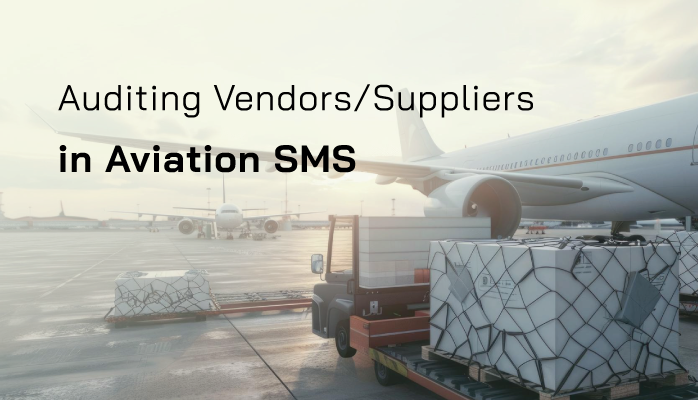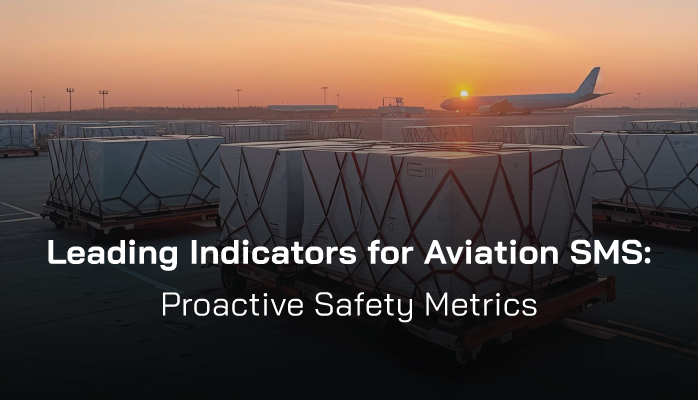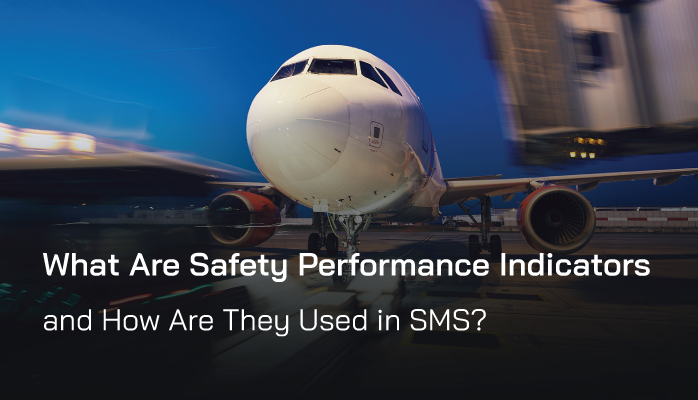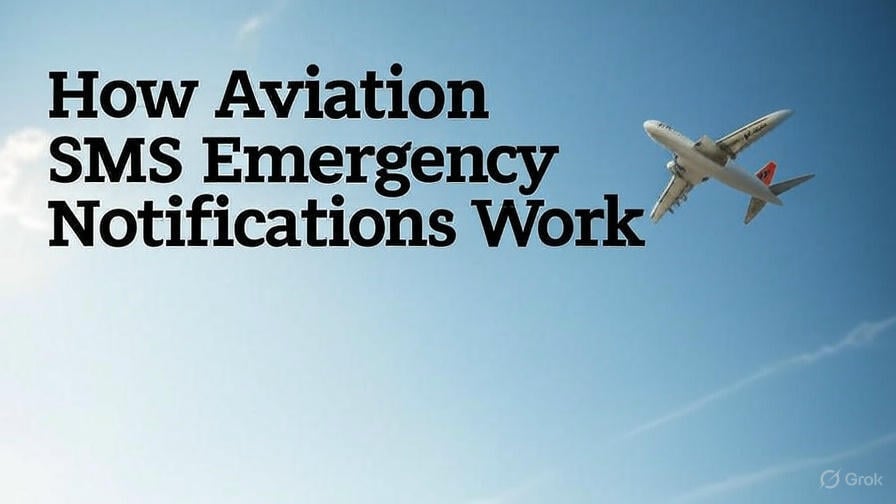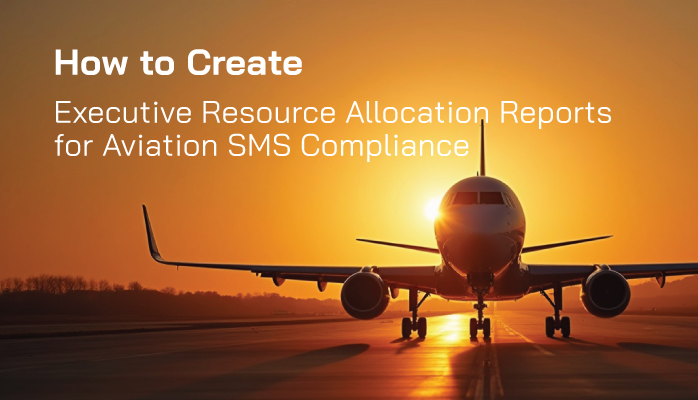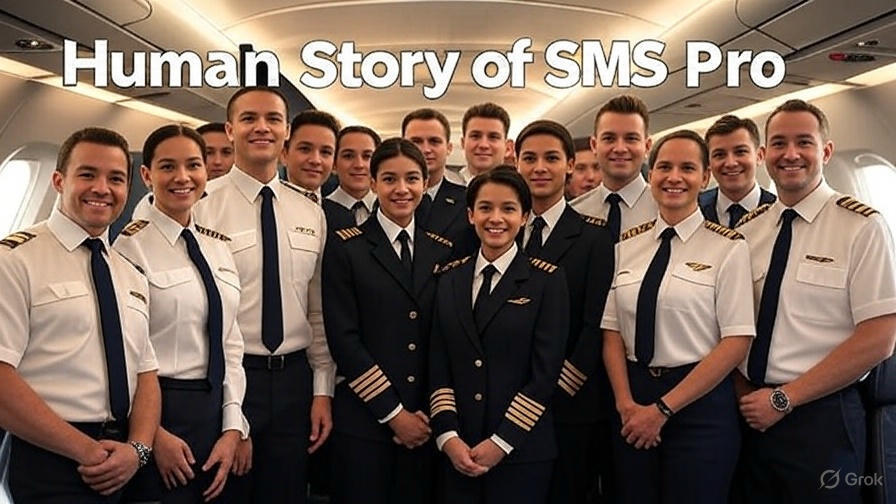Promoting a Safety-First Mindset: Lessons From Top Aviation Operators
In aviation, where safety is non-negotiable, cultivating a safety-first mindset ensures that every decision, from flight operations to maintenance, prioritizes risk reduction and compliance. This mindset, embraced by top aviation operators, drives a proactive safety culture within Safety Management Systems (SMS), aligning with FAA Part 5 and ICAO Annex 19. FAA data shows that organizations with a safety-first mindset achieve 80% risk reduction and a 70% increase in hazard reporting, fostering trust and accountability across all levels.

